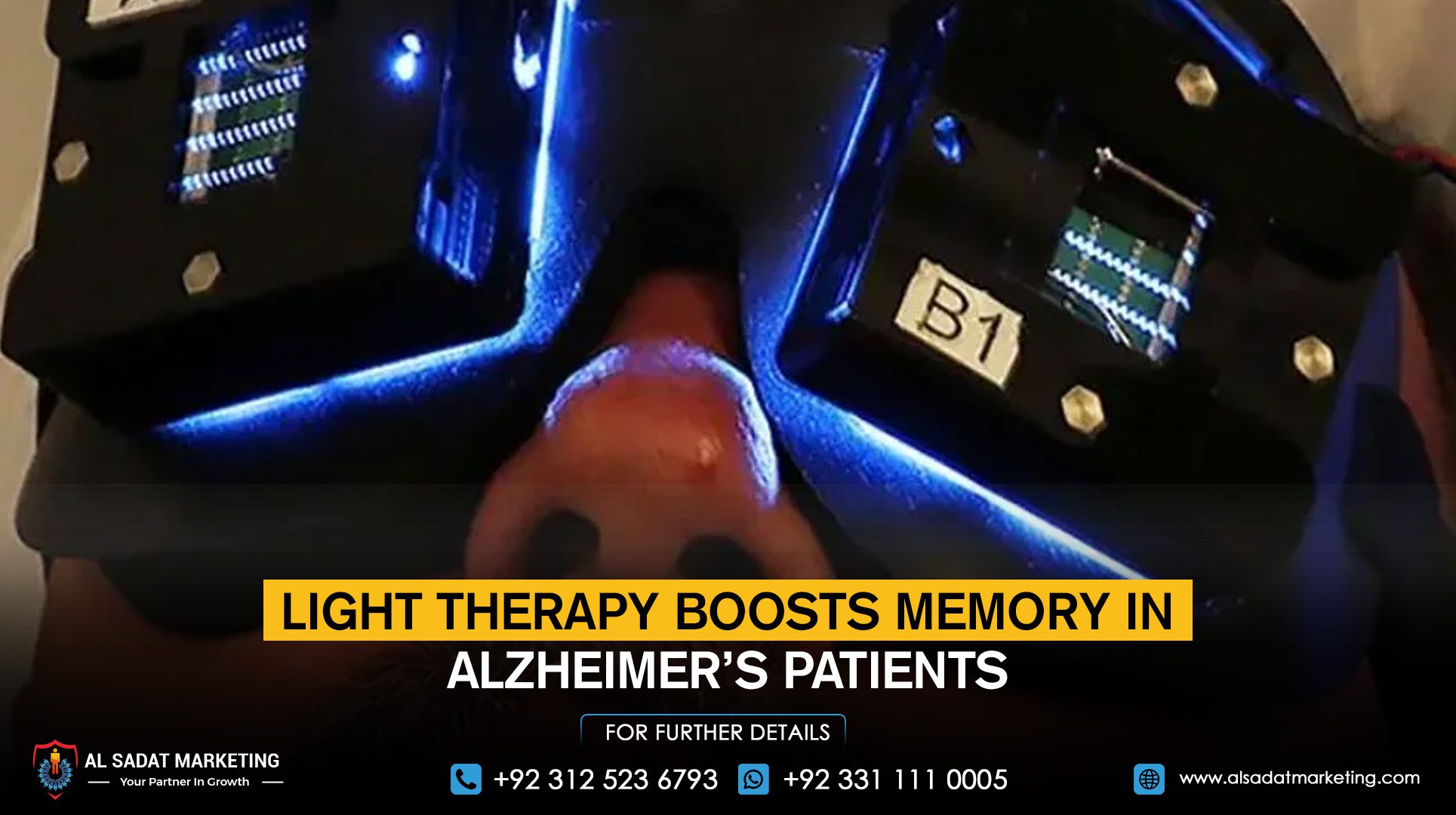A groundbreaking study has revealed that a simple form of light therapy may help boost memory, focus, and communication in people with Alzheimer’s disease. The discovery is raising hopes for millions of families affected by the condition.
The research, led by the Technical University of Denmark (DTU) and the University of California, Berkeley, uses a special kind of gentle light that activates gamma brain waves—signals linked to better brain function.
Easy-to-Use Home Treatment
One of the most promising aspects of this therapy is its simplicity. The treatment can be delivered through an ordinary-looking lamp at home, making it far more practical than many medical procedures. Researchers believe it could serve as both supportive care and a preventive tool.
Promising Trial Results
In trials at Zealand University Hospital, patients received 30 minutes of daily light exposure for 6 to 12 weeks. Results showed measurable improvements in memory, communication skills, and overall cognitive health.
Importantly, the study was double-blind—meaning neither patients nor doctors knew who was getting the real treatment—making the findings more reliable.
Inspired by Lab Research
The idea stems from earlier MIT studies, where shining light on mice not only boosted brain activity but also reduced the buildup of toxic plaques linked to Alzheimer’s.
Professor Paul Michael Petersen, one of the lead researchers, explained that unlike harsh bright light, this therapy uses a softer, safer glow that patients can comfortably tolerate.
A Glimpse Into the Future
If further trials confirm these results, the therapy could one day be available in the form of a household lamp, putting powerful brain support within reach of ordinary families.
For now, scientists say more research is needed—but the progress marks an exciting step forward in the fight against Alzheimer’s.










